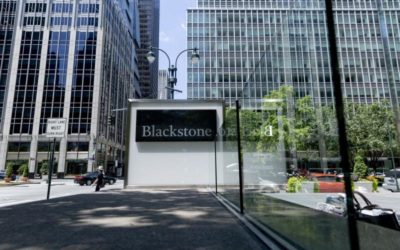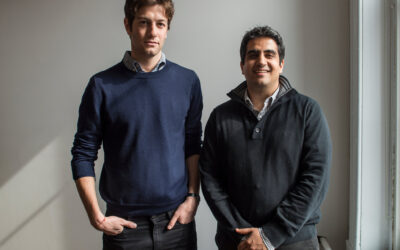The board of Kioxia Holdings is due to meet on Monday to discuss postponing Japan’s biggest initial public offering of the year, in a sign that tensions between Washington and Beijing are rippling through the global tech sector.
Kioxia, the world’s second-largest producer of NAND flash memory chips, was due to reveal pricing for its $3.2bn listing on Monday but will instead make a last-minute decision on whether to delay, according to two people with direct knowledge of the matter.
The planned IPO by the company, which is 40 per cent owned by Toshiba, was on course to be Japan’s largest of 2020, and represented the culmination of one of the country’s most tormented corporate stories of recent years.
But the worsening dispute over technology between the US and China has dented investor demand and increased uncertainty, prompting the company to rethink its plans.
The discussions come after sanctions by the US government against Semiconductor Manufacturing International Corporation (SMIC), China’s biggest chipmaker, after cutting Huawei off from its chip suppliers.
A federal court will on Sunday morning also begin hearings to decide whether the Trump administration’s order banning Chinese-owned video app TikTok from US app stores can go ahead.
A spokesperson for Kioxia said no formal decision had been made on a delay to the IPO, which was first reported by the Nikkei Business magazine.
Two other people familiar with preparations for the IPO said the past few weeks had generated increasing doubts over how aggressively Bain, the US private equity group that led the buyout of Kioxia from Toshiba, would be able to price the offering.
In the past month, Toshiba shares have declined 15 per cent on concerns surrounding US sanctions against Chinese technology groups and their potential impact on both the memory chip business in general and on the Kioxia IPO in particular.
The tightened US restrictions against Huawei already affect most or all of Kioxia’s chip sales to the Chinese telecoms group, and China is one of its core markets, generating 20 per cent of its annual revenue. In listing documents, Kioxia had warned investors that a deepening of the US-China dispute would cause a “serious impact” on its earnings.
In virtual road shows, institutional investors outside Japan had already expressed concerns over the darkening geopolitical clouds over the chip industry. The mixed response led Kioxia to announce on September 17 an indicative price range of between ¥2,800 ($26) and ¥3,500 a share — lower than the ¥3,960 originally hoped for by Bain.
At the top of the range, the company was expected to raise ¥334.3bn in shares with a market value of ¥1.89tn.
People close to Bain, however, said the US private equity group had played down the geopolitical concerns and until last week had remained optimistic that the IPO would price at the higher end of its range.
Potential investors who discussed the IPO with Kioxia’s underwriters said they understood that the book was only covered at the bottom of its range, and shares in Toshiba had already fallen sharply in anticipation of Kioxia’s weak listing. The Japanese industrial conglomerate had said it would return a majority of its proceeds from the Kioxia IPO to its shareholders.
In 2017, Toshiba was pushed to the brink of financial ruin by the failure of its US nuclear business, after previously suffering heavy reputational damage from an accounting scandal.
In an effort to shore up its finances, Toshiba opted to sell its memory chip business — the one part of the conglomerate that investors judged to offer exciting long-term growth prospects.
Despite government efforts in Tokyo to assemble an “all Japan” consortium to buy Toshiba Memory, the business was sold to a consortium led by Bain for $18bn in 2018.
Source: Financial Times
Can’t stop reading? Read more
US Pipeline Operator ONEOK Inks Two Deals for $5.9 Billion
US pipeline operator ONEOK Inc. agreed to buy a Permian Basin rival and a controlling stake in...
Blackstone Is Said to Seek A$5.5 Billion Loan for AirTrunk Bid
Private equity firm Blackstone Inc. is in discussions with banks for a five-year loan of about...
Thrive Capital to lead multi-billion dollar OpenAI investment round at $100bn valuation
OpenAI, the company behind the popular AI tool ChatGPT, is in advanced talks to secure several...




